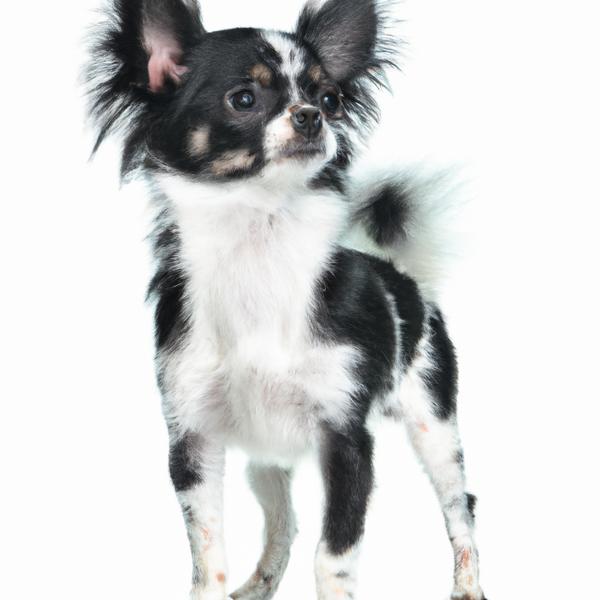Chin-Ocker vs. Malanees: Breed Differences and Similarities
Hypoallergenic
Are Chin-Ockers or Malaneess hypoallergenic, or neither?
Unfortunately, neither Chin-Ocker nor Malanees are hypoallergenic, which may not make them the best choice for dog lovers who suffer from pet allergies.
Temperament
What are the personalities of Chin-Ocker and Malanees dogs?
Playful
Loving
Independent
Alert
Intelligent
Friendly
Affectionate
Loyal
Trainable
Quiet
Faithful
Playful
Dignified
Confident
Friendly
Affectionate
Patient
Loyal
Devoted
Gentle
Strong
Willed
Fearless
Shedding Level
Do Chin-Ockers shed more than Malaneess, or which breed sheds more, Chin-Ockers or Malaneess?
Chin-Ockers are moderate shedders, but regular brushing can reduce shedding and maintain coat health.
Malaneess shed a lot of hair each year, so frequent brushing is essential for reducing shedding and maintaining coat health.
Origin
What is the origin of Chin-Ocker and Malanees dog breeds?
United States
United States
Ancestry
What are the origins of Chin-Ocker and Malanees breeds?
Japanese Chin, Cocker Spaniel
Great Pyrenees, Alaskan Malamute
Date of Birth
When were Chin-Ocker and Malanees breeds first developed?
2000s
2000's
Eye Color Possibilites
What are the eye colors of Chin-Ocker and Malanees dogs?
Brown
Blue
Hazel
Brown
Amber
Nose Color Possibilites
What are the natural nose colors of Chin-Ocker and Malanees?
Black
Black
Coat Color Possibilites
What are the natural colors of the coat for Chin-Ocker and Malanees breeds?
Cream
White
Pied
Black
Gray
Brown
Red
Silver
White
Coat Length
What is the typical coat length for Chin-Ocker and Malanees breeds?
Chin-Ockers have longer coats compared to most dogs.
Malaneess are known for their coat length.
Coat Density
What is the density of the coat of Chin-Ocker and Malanees?
Coat Texture
What is the hair texture of Chin-Ocker and Malanees?
Wiry
Straight
Litter Size
What is the usual litter size for Chin-Ocker and Malanees?
A Chin-Ocker can have a litter of 6-8 puppies on average. However, it's worth noting that the size of the litters can vary greatly. Factors that can influence litter size include the health of the mother, breeding history, and genetics.
A Malanees can have a litter of 4-10 puppies on average. However, it's worth noting that the size of the litters can vary greatly. Factors that can influence litter size include the health of the mother, breeding history, and genetics.
Adaptability
Chin-Ockers are highly adaptable and versatile, making them excellent companions for families and individuals of all lifestyles.
Malaneess are known for their adaptability and can adjust well to different environments and lifestyle changes.
Health Issues
Between Chin-Ocker and Malanees, which breed is more prone to health problems?
While the Chin-Ocker breed is generally healthy, occasional vet check-ups are still necessary to address any health concerns.
Malaneess typically have low vet costs due to their good health, but it's important to monitor their health and seek vet care when necessary.
Major Concerns
What are the major health concerns for Chin-Ocker and Malanees breeds?
Hip Dysplasia
Hip Dysplasia
Osteochondrodysplasia
Minor Concerns
What minor health issues should be kept in mind when owning Chin-Ocker and Malanees?
Ear Infections
Patellar Luxation
Cataracts
Glaucoma
Corneal Dystrophy
Atopy Dermatitis
Entropion
Ectropion
Elbow Dysplasia
Deafness
Cataracts
Glaucoma
Diabetes
Bleeding Disorder
Tricuspid Valve Dysplasia
Zinc Responsive Dermatosis
Platelet Dysfunction
Cervical Vertebral Instability
Osteochondrodysplasia
Occasional Tests
What occasional tests are recommended for Chin-Ocker and Malanees breeds?
Eye Examination
Physical Examination
Radiographs
Elbow
Hip X-Rays
Dna For Pra
Eye Examinations
Blood Analysis
Hearing and Ear Tests
Social Needs
Chin-Ocker vs Malanees social needs comparison
Chin-Ocker has very high social needs and requires regular mental and physical stimulation, a job or purpose, and companionship.
Malanees has above average social needs and thrives with interaction with humans and other dogs.
Sleeping Need
Which of the two sleeps the most/least: Chin-Ocker or Malanees?
Chin-Ockers have moderate energy levels and typical sleep patterns of 12-14 hours per day.
Malaneess are active and require sufficient sleep to stay healthy.
Mouthiness
Mouthiness Comparison: Chin-Ocker vs Malanees?
Roaming urge
Chin-Ocker vs Labrador: Running away tendency?
Prey Drive
Chin-Ocker or Malanees - which breed has a higher level of prey drive?
Activity Level
Which breed has higher energy, Chin-Ockers or Malaneess?
Both Chin-Ocker and Malanees are medium-energy dogs that enjoy socializing and playing with other dogs. They may engage in casual or sustained games of chase, and occasionally have bursts of barking or racing around the house.
Tolerance of being left alone
Walks per Week
How many miles should Chin-Ocker or Malanees walk each week?
There's really no limit to how far you walk your dog as long as they're comfortable. For Chin-Ocker, it's at least 8 miles / week. Just remember to build distance and stamina gradually over time.
There's really no limit to how far you walk your dog as long as they're comfortable. For Malanees, it's at least 17 miles / week. Just remember to build distance and stamina gradually over time.
Activity per Day
Do Chin-Ockers or Malaneess require more exercise?
In general most Chin-Ockers usually need at least 60 minutes of exercise daily. This can be spread across the day and include all sorts of high-energy activities, like walking, running and playing.
In general most Malaneess usually need at least 90 minutes of exercise daily. This can be spread across the day and include all sorts of high-energy activities, like walking, running and playing.
Grooming
Which breed is easier to maintain in terms of grooming, Chin-Ockers or Malaneess?
Chin-Ocker and Malanees are breeds of dogs that require an average amount of grooming effort.
Brushing Frequency
What is the recommended brushing frequency for Chin-Ocker and Malanees dogs?
Chin-Ocker should be brushed at least once a week. Of course you can give them more frequent brushes if you find that they are still shedding a lot
Ideally, Malanees should be brushed at least 2 or 3 times a week (preferably daily) improve shedding.
Brushing Tools
What brushing tools are used for Chin-Ockers and Malaneess?
Slicker Brush
Dematter
Comb
Nail Clipper
Pin Brush
Comb
Deshedder
Nail Clipper
Cups
How much food should be given to Chin-Ocker or Malanees in cups?
For an average 15-25 pound (7 - 11 kg) Chin-Ocker feed 1 cups daily. But, keep in mind, the amount you feed is going to be dependent on the quality of the food you are feeding.
For an average 85-100 pound (39 - 45 kg) Malanees feed 4 cups daily. But, keep in mind, the amount you feed is going to be dependent on the quality of the food you are feeding.
Daily Cost
Which breed has a higher daily cost, Chin-Ocker or Malanees?
The average cost of a Chin-Ocker is somewhere $1.10 - $1.40 per day.
The average cost of a Malanees is somewhere $2.80 - $4.20 per day.
Monthly Cost
Which breed has a higher monthly cost, Chin-Ocker or Malanees?
The average per month expenses of a Chin-Ocker is between $35 - $42. This makes an average of $420 - $504 per year. It will be on the higher side when the dog is still small because it will need more frequent visits to the vet, shots.
The average per month expenses of a Malanees is between $112 - $126. This makes an average of $1344 - $1512 per year. It will be on the higher side when the dog is still small because it will need more frequent visits to the vet, shots.
Sensitivity Level
How do Chin-Ocker and Malanees compare in sensitivity?
These breeds are more sensitive than others and easily overwhelmed by new surroundings and people. Chin-Ocker and Malanees need gentle handling and a calm, stable home environment with positive reinforcement training.
Apartment Friendly
Which breed is more apartment-friendly: Chin-Ocker or Malanees?
Chin-Ockers make excellent apartment dogs, being fairly active indoors and not requiring a yard.
Malaneess can do well in apartments with enough exercise and time outside, but a small yard would be ideal.
Child Friendly
Do Chin-Ockers or Malaneess have a friendlier temperament towards children?
Chin-Ocker and Malanees are kid-friendly dogs. They are good with children and excellent dogs with children if they are socialized and trained at a young age.
Senior-friendly
Which dog is more suitable as a pet for the elderly - Chin-Ocker or Malanees?
Cat Friendly
Do Chin-Ocker or Malanees breeds have a better compatibility with cats?
Chin-Ockers are very friendly with cats and make great companions for them.
Malaneess are average in their friendliness toward cats and tend to do well with them, especially if raised together.
Dog Friendly
Which breed is more sociable with other dogs: Chin-Ocker or Malanees?
Chin-Ockers and Malaneess are friendly, active and loyal companions. They generally love to be around other dogs, making them a good family pet for some.
Pet friendly
How do Chin-Ocker or Malanees dogs interact with other pets?
Stranger Friendly
Which breed is more friendly with strangers: Chin-Ocker or Malanees?
Chin-Ocker and Malanees are friendly dogs and typically won't bark at strangers. However, if you wish to change this behavior, training them is easy thanks to their intelligence, making it pretty simple to teach them anything.
Playfulness
Which breed is more playful between Chin-Ocker and Malanees?
Chin-Ockers are a playful breed that needs daily playtime to be happy.
Malaneess have an average level of playfulness, enjoying playtime like most dogs but not excessively so.
Trainability
How do the trainability levels of Chin-Ockers and Malaneess compare?
Chin-Ocker and Malanees dogs are known for their ease of training and ability to learn quickly, making them a popular choice for pet owners and trainers alike.
Compare Chin-Ocker with other breeds
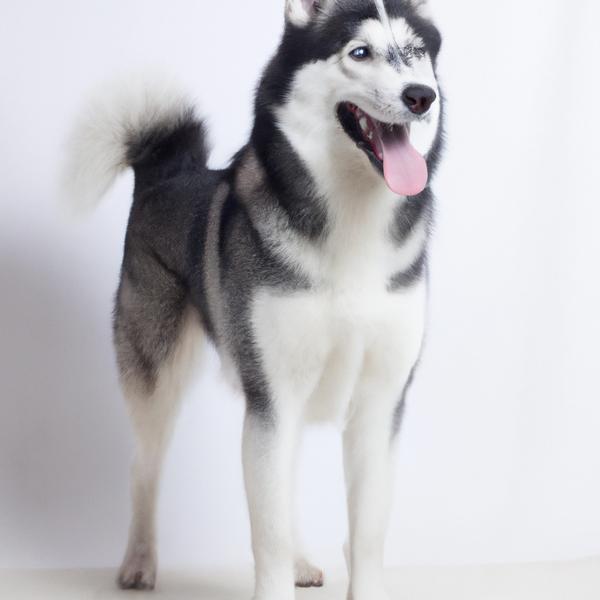
Husker
Chin-Ocker vs Husker
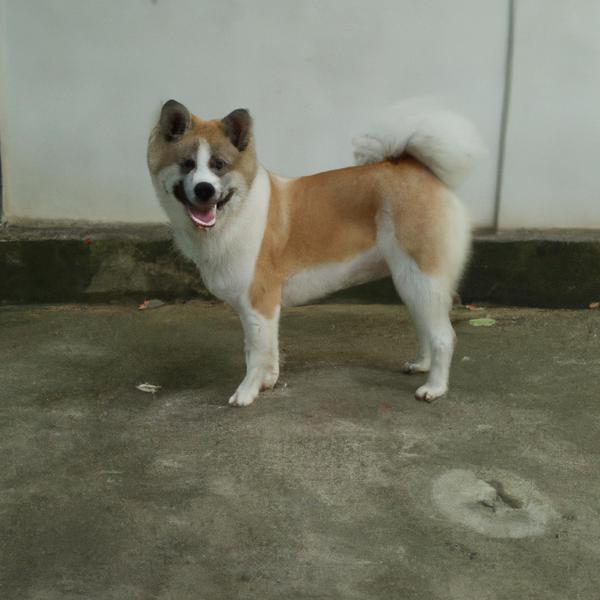
Baskimo
Chin-Ocker vs Baskimo
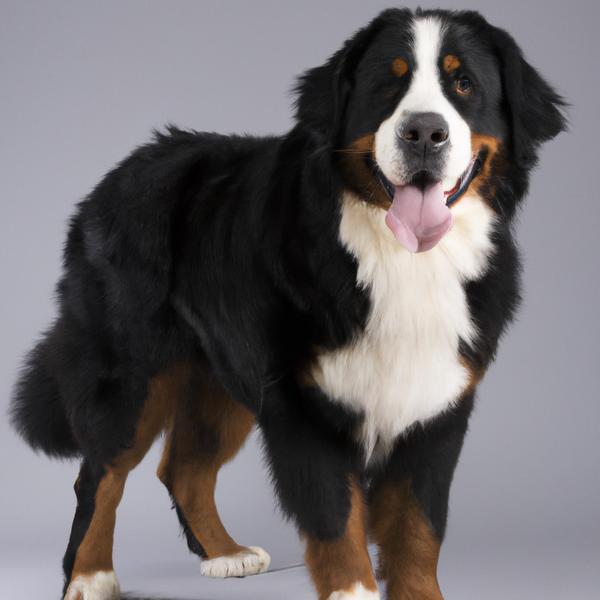
Saint Bernese
Chin-Ocker vs Saint Bernese
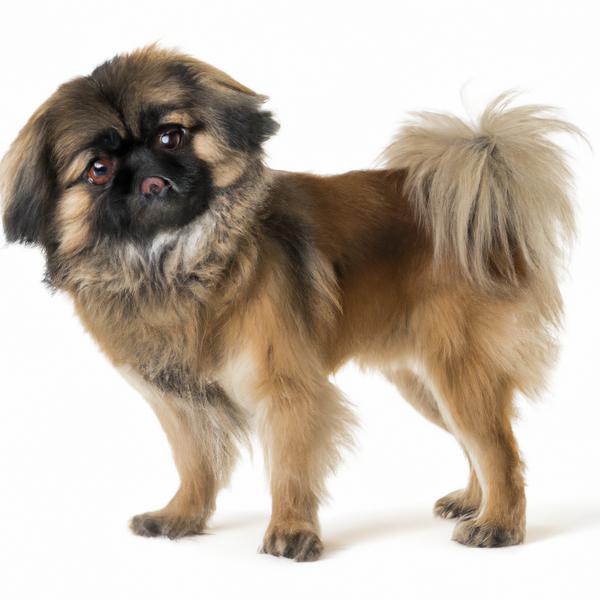
Peke-A-Boo
Chin-Ocker vs Peke-A-Boo
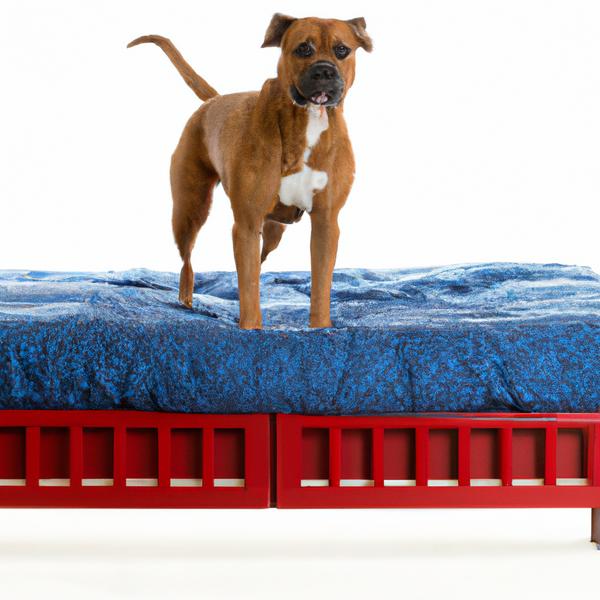
Boxspring
Chin-Ocker vs Boxspring
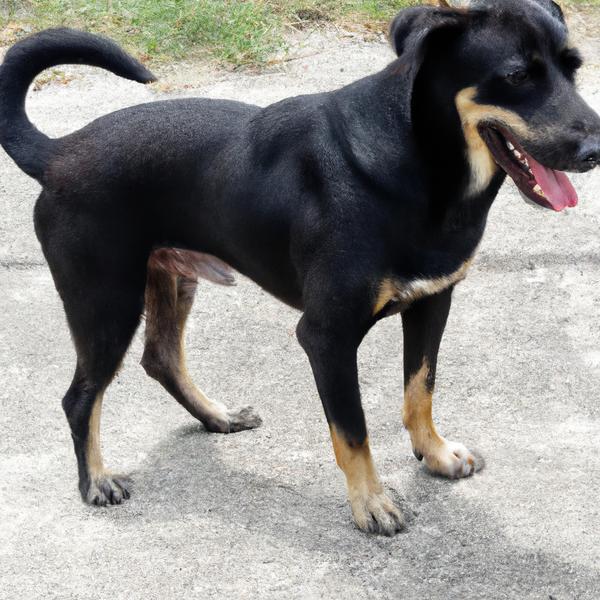
Malanees
Chin-Ocker vs Malanees
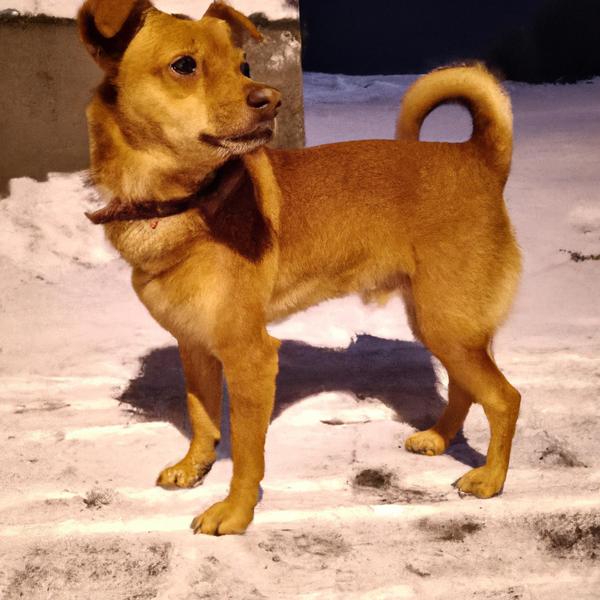
Pekarin
Chin-Ocker vs Pekarin
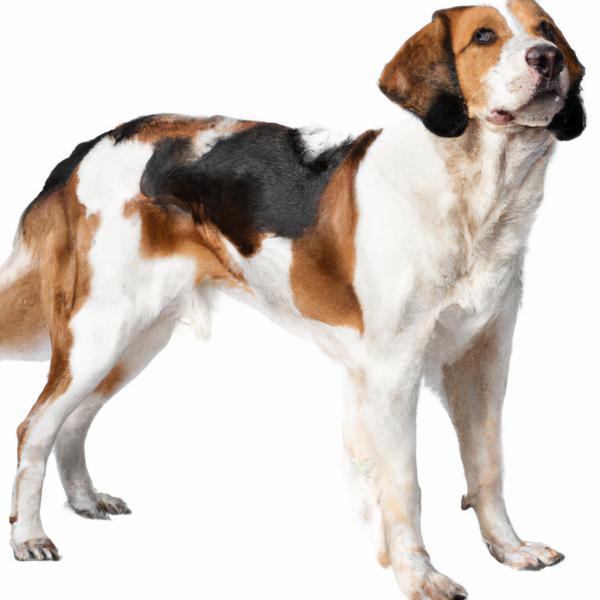
Italian Greagle
Chin-Ocker vs Italian Greagle
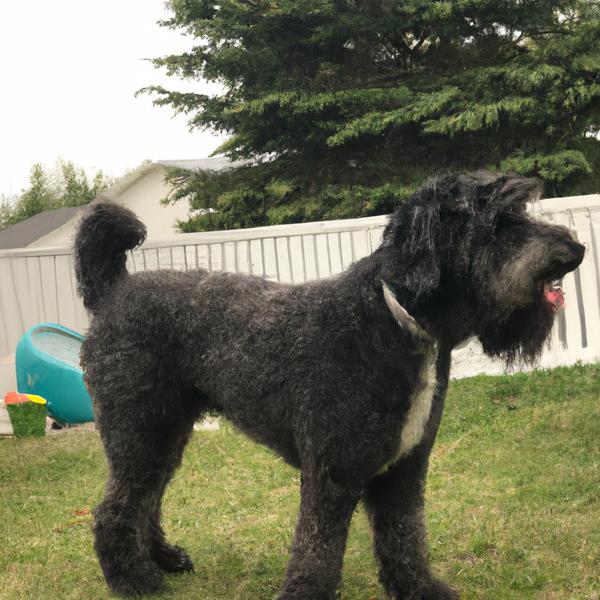
Giant Schnoodle
Chin-Ocker vs Giant Schnoodle
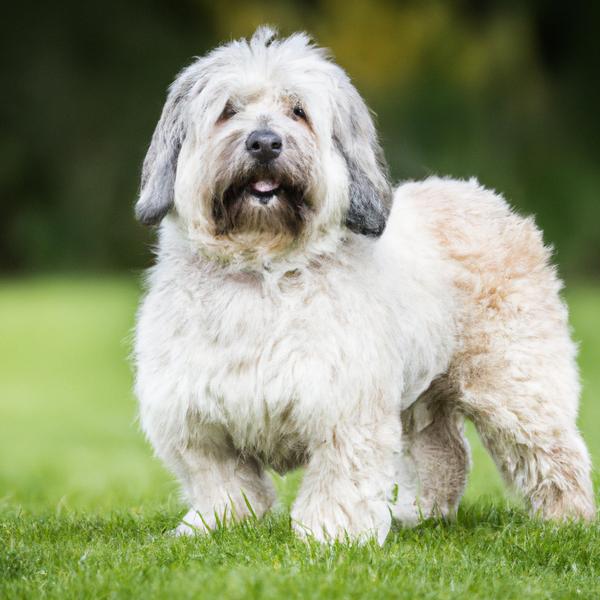
Wel-Chon
Chin-Ocker vs Wel-Chon
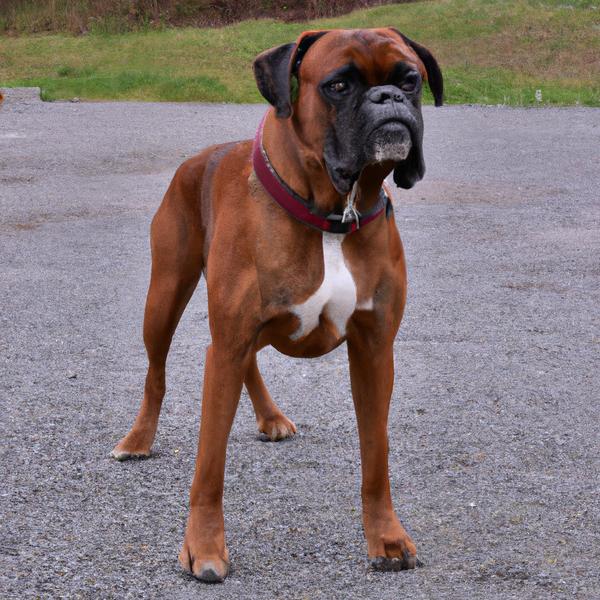
Dogue de Boxer
Chin-Ocker vs Dogue de Boxer
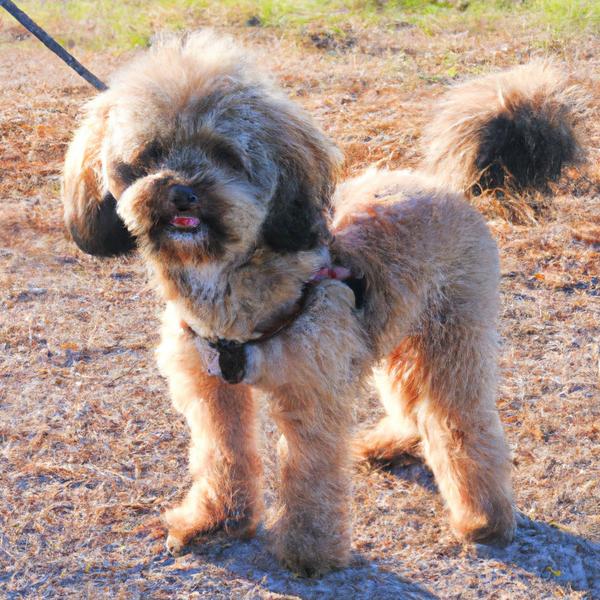
Poo-Ton
Chin-Ocker vs Poo-Ton
